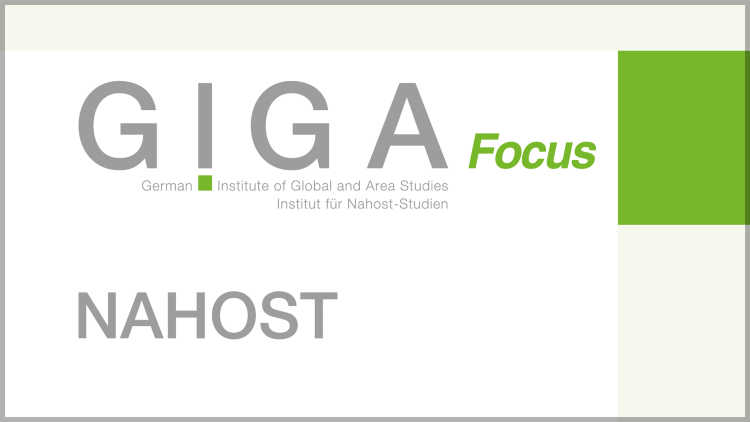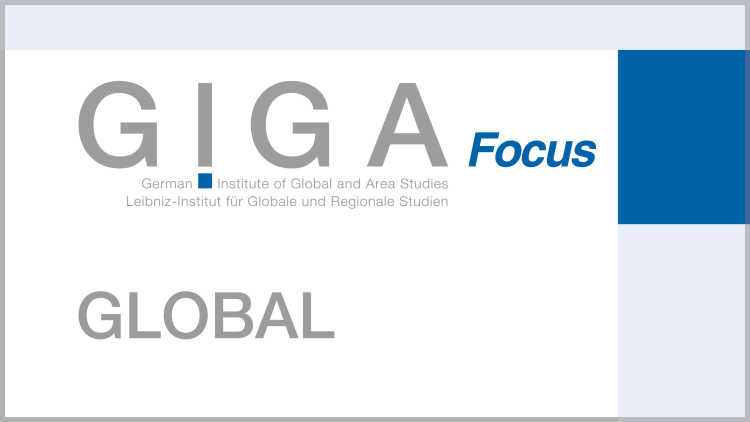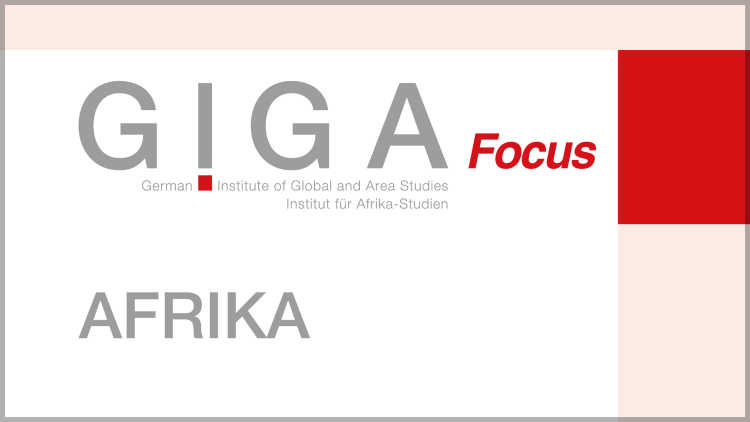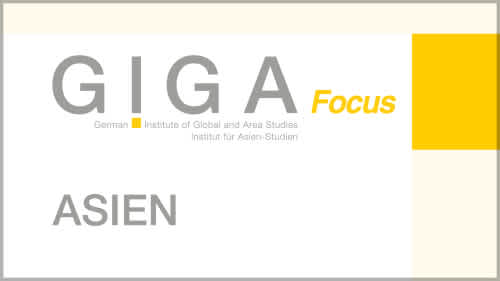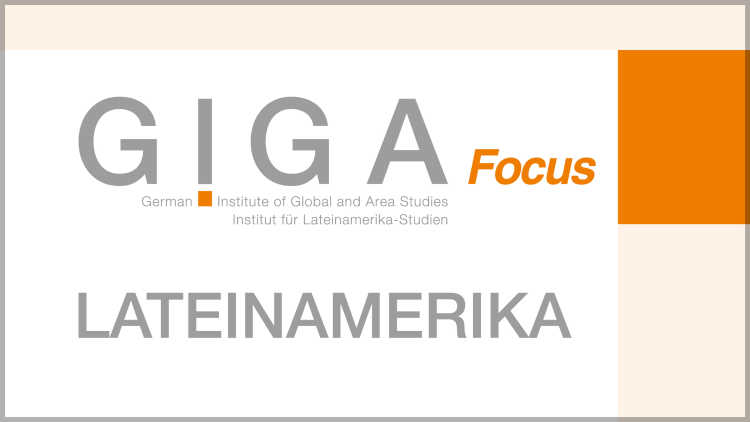- Home
- Publications
- GIGA Focus
- Peace through Constitutional Amendment? Opportunities and Tendencies
GIGA Focus International Edition English
Peace through Constitutional Amendment? Opportunities and Tendencies
Number 2 | 2011 | ISSN: 1862-3581
On 9 July 2011 the validity of Sudan’s interim constitution will end and South Sudan will be independent as determined per referendum. For five years, the constitution has contributed to a significant decrease in violence between the government and South Sudanese rebels (while war has been rampaging in the province of Darfur).
Analysis
The events in South Sudan could be paradigmatic for the fact that opportunities for a policy of peace by means of constitutional amendments are often missed.
Constitutional amendments offer an extensive range of possibilities for exerting influence on ethnically or otherwise divided societies. However, this potential is rarely put to use.
The constitutional determination of the form of government, the main rules for decision-making and minority rights should be particularly binding for all former warring parties.
Constitutional amendments and peace agreements in intra-state conflicts form a complex relationship to one another. Constitutional amendments do not always follow peace agreements. Peace processes and processes of constitutional reform are often long and multipartite.
Between 2005 and 2010, there were only four countries (Burundi, Iraq, Nepal, Sudan) in Africa, Asia, Latin America and the MENA region with divided societies where a peace agreement and a significant constitutional amendment that affected the root causes of the conflict occurred.
Nevertheless, other cases in which constitutional amendments are either a) used as prevention against conflicts or b) can be seen as lessons learned from long-lasting tensions (Bolivia, Ecuador, Kenya, Zanzibar/Tanzania) exist.
Footnotes
Regional Institutes
Research Programmes
How to cite this article
Mehler, Andreas (2011), Peace through Constitutional Amendment? Opportunities and Tendencies, GIGA Focus International Edition English, 2, Hamburg: German Institute for Global and Area Studies (GIGA), http://nbn-resolving.de/urn:nbn:de:0168-ssoar-288999
Imprint
The GIGA Focus is an Open Access publication and can be read on the Internet and downloaded free of charge at www.giga-hamburg.de/en/publications/giga-focus. According to the conditions of the Creative-Commons license Attribution-No Derivative Works 3.0, this publication may be freely duplicated, circulated, and made accessible to the public. The particular conditions include the correct indication of the initial publication as GIGA Focus and no changes in or abbreviation of texts.
The German Institute for Global and Area Studies (GIGA) – Leibniz-Institut für Globale und Regionale Studien in Hamburg publishes the Focus series on Africa, Asia, Latin America, the Middle East and global issues. The GIGA Focus is edited and published by the GIGA. The views and opinions expressed are solely those of the authors and do not necessarily reflect those of the institute. Authors alone are responsible for the content of their articles. GIGA and the authors cannot be held liable for any errors and omissions, or for any consequences arising from the use of the information provided.

